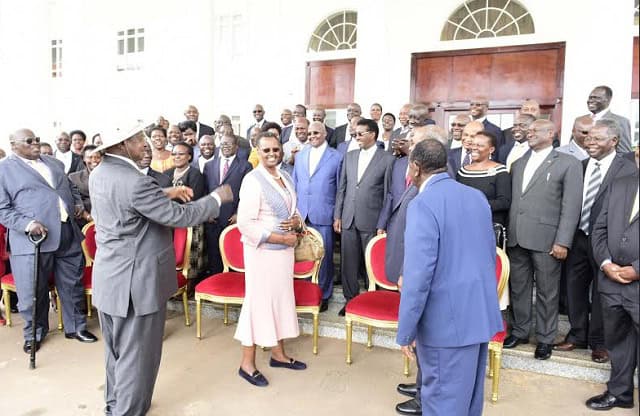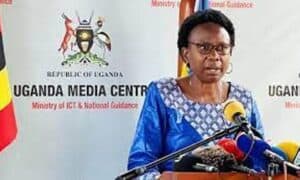State Ministers form a vital cornerstone of Uganda’s government structure, playing a crucial role in the nation’s development and governance. However, their responsibilities and impact have become subjects of intense debate and scrutiny.
In this unique exploration, we delve into the multifaceted world of State Ministers, shedding light on their appointed roles, exploring the challenges they encounter, and proposing empowering measures to unlock their full potential.
According to the Ugandan Constitution, State Ministers are appointed by the President to assist ministers in their duties. They bear the responsibility for specific areas of focus, including finance, health, education, infrastructure, and more.
Positioned as vital support systems, these Ministers contribute to the effective functioning of ministries and the overall governance of the country.
Unveiling the Multi-Faceted Contributions of State Ministers
State Ministers fulfill a range of key roles essential to Uganda’s progress. They support ministers in policy implementation, oversee specific programs and projects, and coordinate with local governments and stakeholders.
Additionally, these ministers provide crucial technical expertise, offering guidance in their respective ministries. Moreover, they serve as representatives, voicing their ministries’ perspectives in various forums, fostering collaboration and knowledge exchange.
Addressing Limitations and Advancing Potential#
Despite their important responsibilities, these Ministers face several challenges that hinder their effectiveness. These challenges include limited powers and autonomy, overreliance on ministers, inadequate resources and funding, as well as political interference and patronage.
To fully unlock their potential, it is imperative to address these limitations and provide a conducive environment for their growth and contribution.
Experts argue that empowering these Ministers can lead to a more significant role in Uganda’s development.
This can be achieved through granting them more autonomy and decision-making powers, providing adequate training and capacity building, involving them in policy formulation and planning, and fostering enhanced coordination and collaboration with other government agencies. By nurturing their potential, Uganda can harness the collective expertise and dedication of State Ministers for greater progress in various sectors.
These Ministers play a vital role in Uganda’s governance and development. By acknowledging their significance and addressing the challenges they face, Uganda can unleash their full potential.
Empowering State Ministers through increased autonomy, training, and effective collaboration will enable them to contribute more effectively to the nation’s growth.
With concerted efforts and support, Uganda can pave the way for enhanced governance and sustainable development across sectors, embracing the transformative power of State Ministers.












